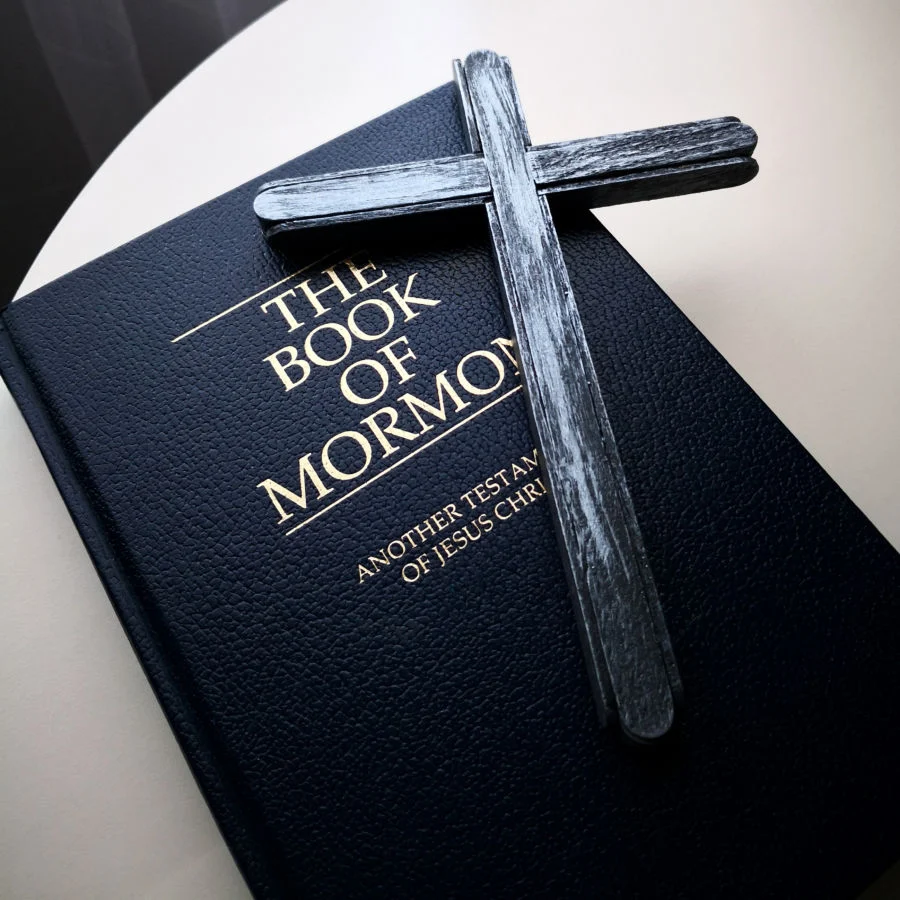
Michael J. Alter is an author and former educator. The focus of much of his writing is a defense of his Faith, Judaism, against the “poaching” of Christian missionaries. Jews have been dealing with Christian poaching since at least the days of Paul. They didn’t like it then and they don’t like it now. In their minds, Christianity is a polytheistic (It has three gods: Father, Son, and Holy Ghost) pagan religion. The idea that the God of Abraham, Isaac, and Jacob came to earth as a human being in the person of a first century Galilean peasant named Jesus is an outrage to them. Imagine how Christians would feel if Muslims used the Christian Bible as proof of the veracity of the teachings of Mohammad. Jews feel the same way when Christian missionaries attempt to convert Jews using the Hebrew Scriptures claiming that Jesus of Nazareth was and is Yahweh in the flesh, and, at the same time the long awaited Messiah, the son of David who will rule over a New Kingdom of Israel in Jerusalem. Now that I am standing on the outside, I can see just how insulting this must be to the world’s Jews.
I previously read and reviewed another of Michael’s books, “The Resurrection: A Critical Inquiry”. Mike came across my review on the internet and we have chatted online off and on since. He recently informed me of his new book, The Resurrection and Its Apologetics. He asked me to read the first volume of the book and give him some feedback. And that is exactly what I will start doing with this post.
“[In 2021] Michael Alter and Darren Slade published the article: Dataset Examination of Authors of English Texts Written on the Topic of Resurrection: A Statistical Critique of Minimal Facts Apologetics. Alter identified 735 texts written exclusively on the resurrection spanning five centuries. The data revealed: (1) 680 pro-resurrection books by 601 authors; (2) 204 were authored by ministers, 146 by priests, and 249 by people associated with seminaries; (3) 70 were authored by lay people; and (4) 22 were authored by women. Roughly 7,000 English sources were identified, exclusively from books. They write:
This investigation substantiates assertions that Christians of various denominations write the vast majority of texts published on the subject of Jesus’ resurrection. This review determined that virtually all of the pro-resurrection authors were Christian believers. Furthermore, many of these Christians are, in fact of the matter, more than just “believers”. A literature review confirms that many are apologists, evangelists, ministers, priests, or administrators/professors in theological seminaries and universities. Consequently, many writers have an a priori view on the topic. Besides, many have a vested interest in the outcome of their research. Since belief in the historicity of the empty tomb is a central tenet of Christian belief [as reflected in the Christian creeds] it may infer that most scholars who accept the reality of the empty tomb have an a priori commitment to this tenet: In other words, their belief in the empty tomb is a pre-critical one.
[In summary]: Any so called “scholarly consensus” on the subject of Jesus’ resurrection is wildly inflated due to a biased sample of authors who have a professional and personal interest in the subject matter.”
–Michael J. Alter in his book The Resurrection and Its Apologetics: Jesus’ Death and Burial, Volume 1, Preface, p. xvi-xvii.
Gary: I can hear the howls now. “Oh, but everyone has biases. It is impossible not to have a bias.” I have learned to answer that apologetic argument with this counter: “I’ll trust and accept Christian scholarly consensus (on the Christian Bible) when you Christians publicly state that you trust and accept Mormon scholarly consensus on the Book of Mormon”.
That typically ends the discussion.



.
.
.
.
.
End of post.
Skeptics should give the same deference and respect to Christian scholarship that Christians give to Mormon and Muslim scholarship.
Period.
LikeLike